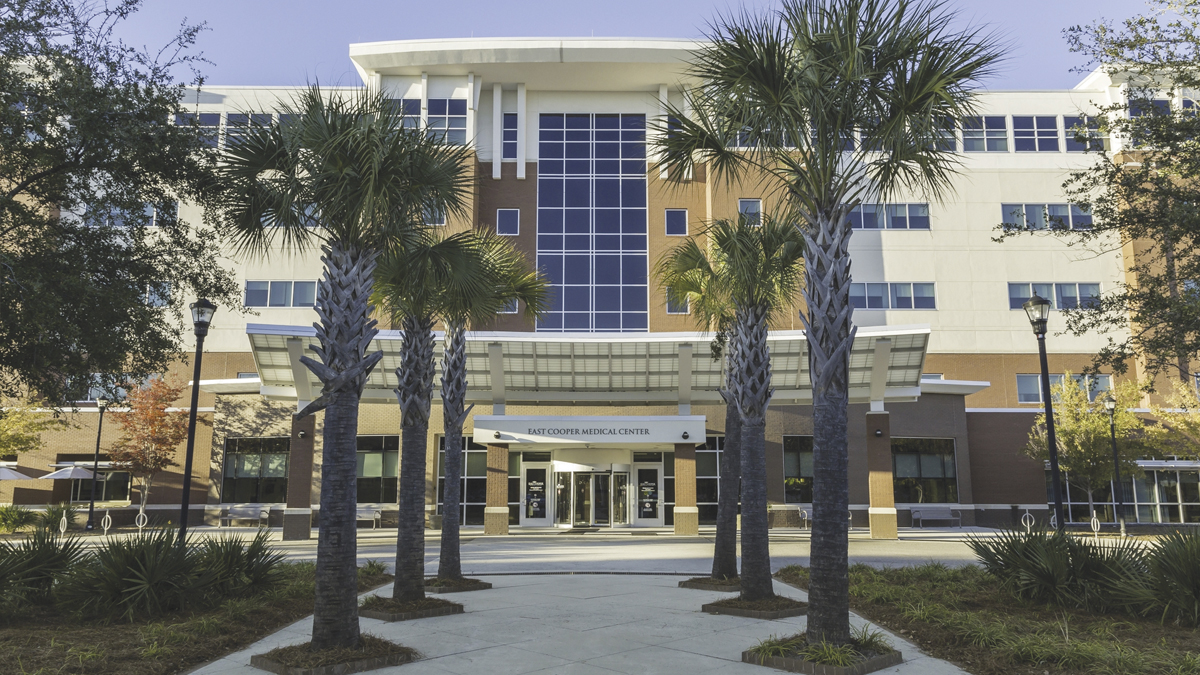No one wants to think about children suffering abuse, but tragically it happens. And when it does, you’ll want to know that there are safe, trusted places kids can go to find help and healing. Dee Norton Child Advocacy Center, a nonprofit with locations in downtown Charleston and Mount Pleasant, focuses on preventing child abuse and provides comprehensive services to victims of abuse and their families.
Beverly Hutchison, Dee Norton’s executive director since 2021, has logged more than 30 years with the organization. She started as a volunteer in 1991 and has performed in various roles, including on its board of directors and as the fundraising coordinator and director of development and communications.
“I like the way we do what we do,” said Hutchison. “It’s not only compassionate – it’s efficient and smart. And we believe kids get better.”
During an average pre-COVID year, Dee Norton, which serves Charleston County and the lower half of Berkeley County, saw approximately 1,200 children. In 2022, that number was nearly 1,000.
“And we know statistically that’s not all the children that need it,” stated Hutchison, adding that it’s important for families to be aware of Dee Norton as a community resource. “If people don’t know where to turn, then we’re not able to fulfill our mission.”
The center assists children and their families or caregivers in two primary ways: direct services and a multidisciplinary response through coordinated services.
Direct services consist of advocacy, which involves engagement with the caregiver and the client, as well as forensic interviews administered by staff trained in best practices, mental health assessments and partner collaborations. Social services, law enforcement, the Department of Mental Health, school districts and churches all refer children to child advocacy centers such as Dee Norton. The center also evaluates whether therapy is needed and offers evidence-based therapies. Additionally, Dee Norton partners with MUSC’s Division of Child Abuse Pediatrics to provide medical exams at both its locations.
The other component entails coordination with a multidisciplinary team – social services, law enforcement, mental health, medical – that gathers and shares information so that all agencies working on a specific child abuse case are on the same page and can effectively develop a safety and treatment plan.
As a child advocacy center, the nonprofit acts as a coordinator and facilitator to build partnerships with multiple community agencies that play a role in child abuse cases for the child’s benefit. Hutchison described a CAC as a “multidisciplinary community response to an allegation of child abuse.”
CACs provide a child-friendly place – “a place built for them,” emphasized Hutchison, where alleged victims of child abuse can tell their story once and not have to repeat it. Child interviews are recorded for investigators and partners and can be used in criminal court to support allegations of abuse in a child’s testimony.
Be an Advocate
There are numerous ways to get involved with Dee Norton and advocate for children. Direct financial donations are paramount because the center doesn’t charge for its services and relies on fundraising and grants, though volunteers are always needed for the lobby. Gift cards and gas cards allow the center to help families address needs and remove barriers to service such as transportation costs.
If you suspect child abuse has occurred and fear imminent harm, call 911. Hutchison encouraged all adults to embrace the phrase, “see something, say something” and report any threat to children you witness. Call the center as a resource if you don’t know what to do or visit deenortoncenter.org.
“What I would want every family to know is that there are wonderful resources here in our community for any family where abuse is a concern,” asserted Hutchison. “We believe that it’s our responsibility as adults to take care of the children. And that’s because we know if we do our part, a child who does experience abuse can heal.”
By Colin McCandless







